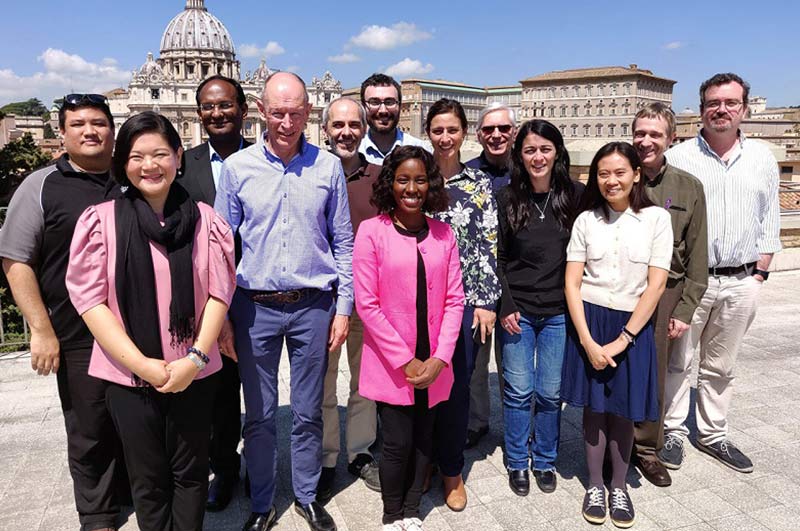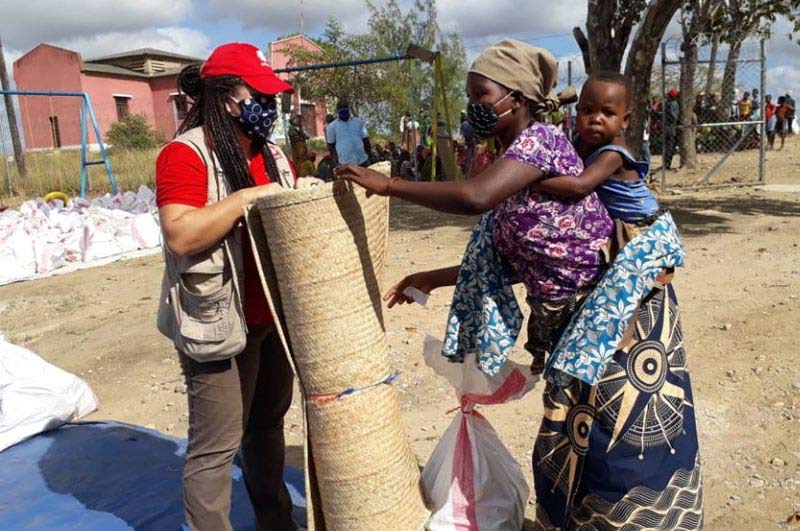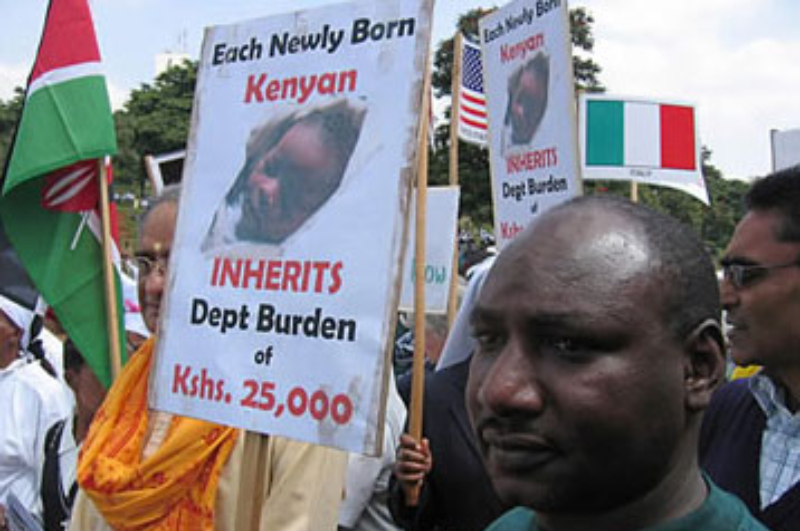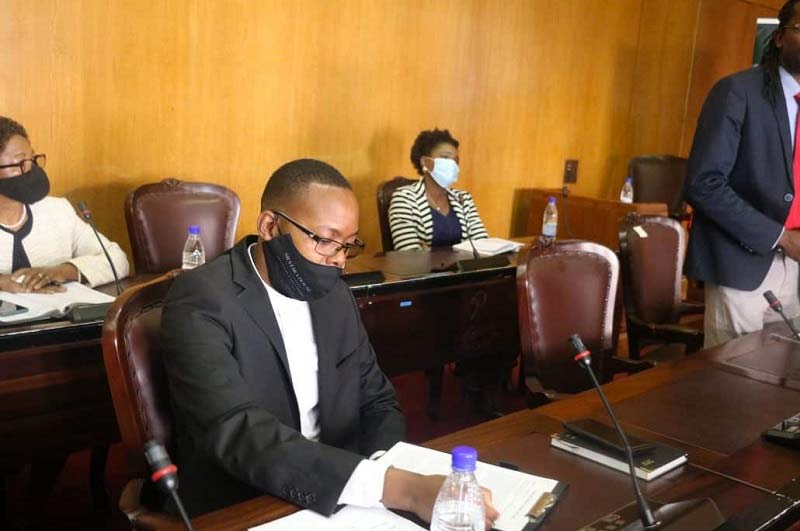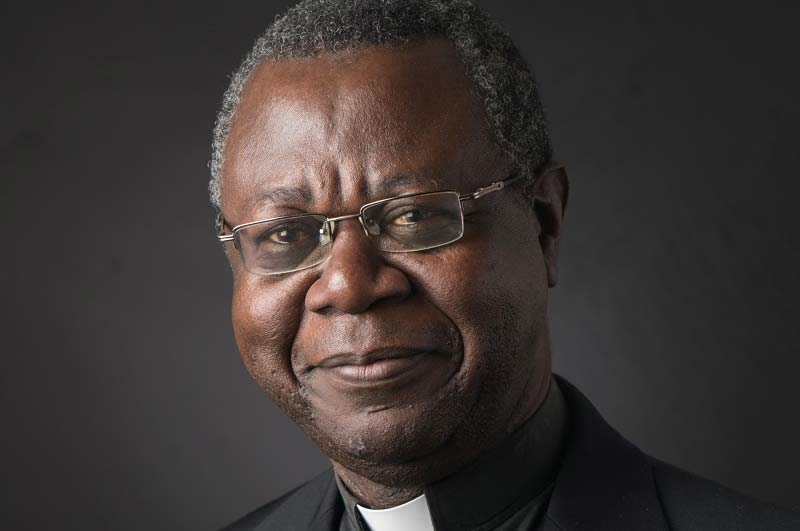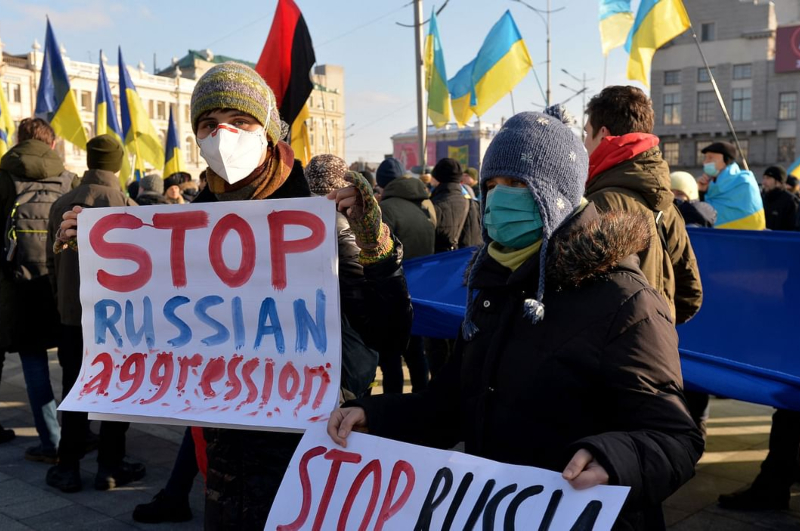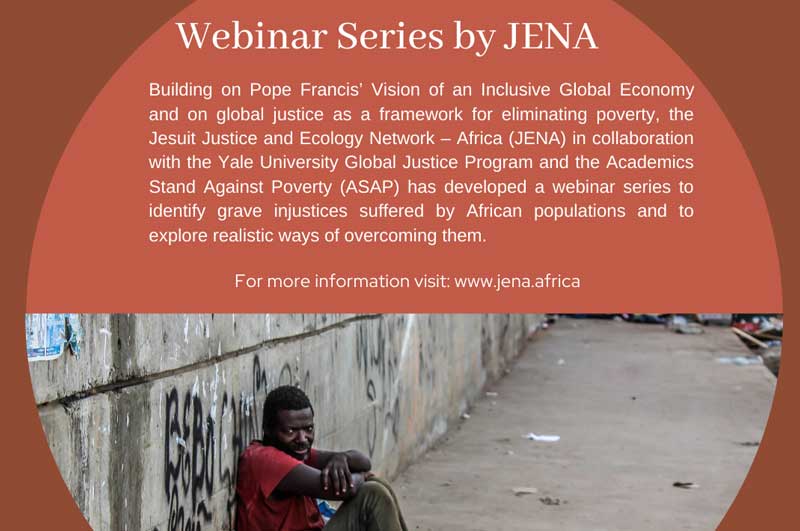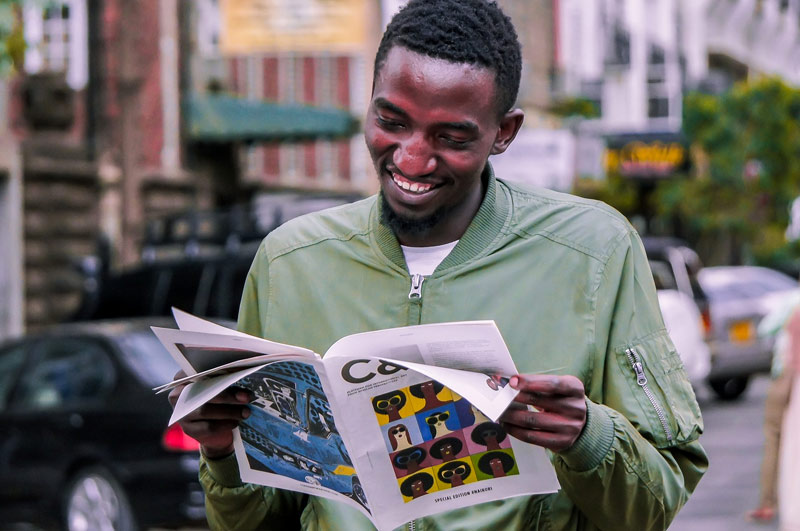


The story of democracy in modern African nations begins with colonialism and then independence in the 1960s and 1970s. Then, the 1990s was seen as the “second liberation” in Africa due to the rapid democratisation process, with a series of multi-party elections in many African countries. It was considered a time for sanitising democracy after the one party or military regimes that had emerged in the decades after independence. Before this, only Botswana, Mauritius and Senegal continued holding multiparty elections since independence, and no African leader had ever lost an election or handed-over power (Dowden, 1993).
It became an epoch of hope with a “new breed” of African leaders like Yoweri Museveni in Uganda, Meles Zenawi in Ethiopia, Isias Aferworki in Eritrea, and Paul Kagame in Rwanda, among others, willing to break their discredited predecessors’ taboos and reshape the discourse on democracy in Africa. Now, it is becoming increasingly clear that this group and many others, who had been seen as bastions of hope for democracy in Africa, are beginning to look more and more like scions of the old breed (Oloka-Onyango, 2004).
The state of democracy in Africa can best be termed as a mixed-bag scenario, with snails-pace progress amidst disappointing scenes of increasing elected dictatorships and rising authoritarianism. Recurring issues of leaders seeking to evade term limits, armed conflicts for power, and the increasingly overt efforts by external actors to shape outcomes (Siegle & Cook, 2020), continue to dominate Africa’s political landscape. Of all the fifty-four African countries: only 3 are currently considered as liberal democracies; 18 are categorised as electoral democracies; 26 are electoral autocracies; and 7 are closed autocracies (Luhrmann & Lindberg, 2018). Though this could suggest democratic difficulties rather than democratic collapse, it is also striking that every criterion of democracy in terms of “political and social integration”– recorded a decline. There is increasing media censorship, intimidation of civil society groups, absence of impartial electoral commissions, and use of the security forces for political ends. This has undermined the potential for new forms of accountability (Cheeseman & Klaas, 2018).
Interestingly, almost all African states now hold “democratic” multiparty elections, but constitutions confer disproportionate power on the president and ruling party or elite group.
Some “democratic” governments such as in Burundi and Uganda have been deploying repression to deal with the challenges of dissent arising from social media and the emergence of increasingly assertive civil society groups and opposition parties (Cheeseman N. , 2019). There is also narrow range of civil liberties and low levels of popular involvement (except at election times). Holding an election is a milestone, but it is not the key to Africa’s democratic legitimacy, as many elections in the Africa have failed to meet the internationally accepted standards for free and fair elections (Teshome, 2008).
Akhaine (2015), like many others, considers external interference in thwarting democracy in Africa through economic interests and outright military action to instate and protect foreign economic and strategic interests of countries and the multilateral organisations. Even democracy flag-bearers like the International Monetary Fund and the World Bank that push the democracy agenda through their aid conditionalities, are not interested in its benefits for the citizens of Africa. This creates a situation of the dictatorship of the international organisations, working with the local elites who have usurped the leadership of their countries as comprador bourgeoisie. They use this alliance, plus tribal base to get their legitimacy, while also relying on disinformation to the masses and militarisation to cling to power.
Political exclusion is undermining the relevance of democratic rights and freedoms. There exist political, social and economic competition, leading to inequalities with benefits for minorities over the majorities in society. Key among these is the issue of political inclusion and equal access to power of women and youth (United Nations Economic Commission for Africa, 2017), which many democracies (and autocracies) in Africa fail to diligently execute. Rwanda and Tanzania stand out as over-performers in gender inclusiveness in Africa, a plus on their otherwise questionable democratic progress (Luhrmann & Lindberg, 2018). The meaningful inclusion of the youth in the democratization process still remains a farfetched dream.
There is also evidence to show that apart from poverty and conflict, millions of refugees or forced migrants from Africa are fleeing authoritarian rule, manifested in political repression and lack of democratic liberties. Eritrea and the Gambia, among other African countries, have irregular migrants reaching the shores of Europe due to unpredictable, autocratic regimes at home. The choice of destination countries further confirms that democracy is a factor in forced or irregular migration (Roylance, 2015). It is therefore agreeable that migration is a response to the political conditions in both countries of origin and destination with the former revealing democracy push factors and the latter offering democracy pull factors. A country’s political regime, whether authoritarian or democratic, is bound to impact net wellbeing of its citizens, due to appropriate government response or lack thereof, Thus boosting the willingness to migrate (Adsera, Boix, Guzi, & Pytlikova, 2016).
The foregoing observation raises the key question: How is democracy in Africa today? A bird’s eye-view, and more critical assessment reveal that Africa does not fare well in terms of democracy. The gloom is only redeemed by some limited progress: there are now fifty-five democratically retired heads of state from seventeen countries by 2020 as compared to eleven by 2001 - representing about 60 percent of the African population (Stith, 2020). This is contrasted by the fact that the majority of the African countries do not enjoy this. Comparatively, West and Southern Africa consistently perform better than East, Central and North Africa in terms of democratic indicators. Between 2015 and 2017 Africa witnessed an overall deterioration in the quality of political transformation and governance (Cheeseman N. , 2019). Even in Ghana, Tanzania, and others considered to be on the path towards stable democracy, the process of consolidation is still a long one (Siegle & Cook, 2020). However, it can be argued that African countries are inching their way towards democracy and the current manifestations are part of the process.
Democracy: What is it?
The word “democracy” is believed to have originated from the Greek words demos “people” and kratos “power” or “rule”, to form the Greek word demokratia (rule of the people) (Lindell & Scott, 1999). The Mariam Webster Dictionary defines democracy as a government in which the supreme power is vested in the people and exercised by them through a system of representation, and periodically held free elections.1 Consensus on the definition of democracy is becoming difficult, as democracy interpreted differently by different parties (Baviskar & Malone, 2004) (Ottemoeller, Marcus, & Mease, 2001); (Luhrmann & Lindberg, 2018). These different perspectives influence the quality and way democracy is practiced.
Notwithstanding the lack of consensus or even outright distaste for democracy, it still remains the most favourable form of government. Democracy has a positive connotation throughout most of the world-so much so that even some political systems with little or no rule by the people are called democratic. Principally, democracy offers all citizens political, economic and social entitlements in the form of rights, equality, recognition and primacy, in the context of majority rule. It offers citizens a fair standard of living, equal opportunities based on ability, while ensuring proper use of public resources for the common good, not private interests. Equal treatment in democracy goes beyond the bounds of class, caste, creed, birth, religion, language or wealth. It promotes social justice and the dignity of the human person (Bawa, n.d), stressing a key principle of the involvement of the citizens. Democracy also implies that there is a social contract between those governing and those being governed, resulting in consensus that accommodates the interests of the majority citizens.
The Youth: Africa’s Hope for Better Democracy?
Africa has the world’s youngest population and it is growing rapidly (United Nations Economic Commission for Africa, 2017). Young people from 0-14 years formed 41 per cent (about 473.7 million) and those in the age bracket 15-24 years formed 19 per cent (226 million) of Africa’s estimated 1.203 billion people by 2016 (African Union, 2017). With the youth bulge, which is expected to result into demographic dividends, Africa also has the potential of a democratic dividend as the young people form a political force, labour force and votes (Gavin, 2007).Their participation in politics is also an opportunity for “social navigation” (Vigh, 2006), enabling them to construct meaningful outlooks for democracy within an unpredictable and constantly changing socio-political terrain. The Arab Spring and other political contestation events led or joined by young people in Burkina Faso, Senegal, Niger, Togo and South Africa, demonstrate the democratic potential of Africa’s young people. The involvement of the young people in political activity, and the democratisation process in Africa dates back to independence struggles (Gyampo & Anyidoho, 2019). Young nationalists such Nigeria’s Nnamdi Azikiwe, Guinea’s Sékou Touré, Mali’s Modibo Keita and Ghana’s Kwame Nkrumah, among others, led their fellows to resist colonial rule, often preferring different strategies to older nationalists (Awoonor, 1990).
In the more recent times, Africa is seeing a crop of young politicians emerging from various countries and ready to challenge the misrule that has plagued their countries. However, the capacity and willingness of young people to engage in politics and the impact of their engagement is affected by age, education, income, and location. Young people who have low incomes, lack decent or full employment, have little education, and live in rural areas tend to be more marginalised from formal political processes (Peters, Richards, & Vlassenroot, 2003), thus curtailing their contribution to democratisation.
Similar to Africa’s democracy image, the impact of young people as agents of democratic change and hope for the future of African countries, is affected by disinterest, disenchantment and disempowerment (Anyidoho, et al., 2012), further increasing their exclusion and vulnerability (Abbink, 2005). Worse still, young people’s political activity has often been both circumscribed and co-opted by others, as in the Arab Spring in North Africa. On the contrary, young people are recruited to “fight dangerous political wars” (Ahwoi, 2008), often as “foot-soldiers” of political parties (Bob-Milliar, 2014). Many of them see these as avenues to the jobs, money and social capital (Honwana, 2012), making them appear as“political entrepreneurs” (Jeffrey, 2010).Endemic poverty and chronic unemployment resulting from failed neoliberal economic policies, bad governance, and political crises, make the young people seek quick survival means as they “wait” for their turn (Honwana, 2012). The participation of young women has even hindered more by the gendered roles socialisation and male dominance of resources and public spaces (Coffe & Bolzendahl, 2011), a situation that is just beginning to improve (Tripp & Badri, 2017).
It is also possible that these realities of poverty and unemployment may become a catalyst for, young people’s political participation (Masquelier, 2013) and contribution to democracy. Cultural and religious dynamics, also do influence young people’s engagement in political action and the democratisation process (Gyampo & Anyidoho, 2019). Consequently, there is urge, from individuals and bodies, for meaningful engagement of the young people as partners in politics and in development (Delgado, 2002). Such a call also extends to partners like the Church, to offer guidance and accompaniment for these budding leaders and actors seeking to influence change in Africa’s democratisation process.
Education as an Anchor for Democracy
Education is a fundamental link to developing democracy. In a democracy, education is given primacy, for it is a pre-requisite for the survival and success of the former, by fostering a democratic temper in the minds of people. Democracy has to be introduced from the very beginning of education and its values need to be practiced in educational institutions, if it is to become a reality and way of life. Education must be democratically oriented so as to develop the basic qualities of character, which are essential for the functioning of democratic life. These qualities of a passion for social justice, a quickening of social conscience and a tolerance of intellectual and cultural differences in others, will help develop critical intelligence in students, cultivate love for work and instill a deep sense of patriotism. This makes education the great instrument of social emancipation, by which democracy establishes, maintains and protects the spirit of equality among its members (Bawa, n.d).
Thinkers like John Locke, Jean Jacques Rousseau, John Stuart Mill and John Dewey have emphasised the role of education in democracy in different ways. John Dewey succinctly states that: “The devotion of democracy to education is a familiar fact. A government resting upon popular suffrage cannot be successful unless those who govern and obey their governors are educated. Since a democratic society repudiates the principle of external authority, it must find a substitute in voluntary disposition and interest; these can be created only by education” (Dewey, 2005, p. 1198).
Education has another value in helping individuals to examine their lives, decisions and practices in order to develop convictions to live by. This approach to education helps in laying a foundation for young people to critically examine or reflect. This helps them develop: self-knowledge and discipline, attentiveness to own and others’ experience, trust in God's direction in life and respect for intellect and reason as tools for discovering truth, skill in discerning the right course of action, use of talents and knowledge to help others, flexibility and pragmatism in problem solving, large-hearted ambition, and a desire to find God in all things. In summary, these qualities can help the young learners to be attentive, reflective and loving (Appleyard, n.d). Adopting this value-based pedagogy for the education of the young people will help refine their political, economic and social views that become the basis of meaningful democratic principles.
The Role of School
The role of the school in empowering young people for democracy starts with being littered with democratic principles. It should create the democratic environment, which is congenial for the full-flowering of human personality (Bawa, n.d). Stressing the role of the environment in education and by extension, democracy, Dewey observes that sometimes, education occurs indirectly through the environment and thus urges that there is need to design the environment and deliberately regulate it to have the desired educative effect. Schools, therefore, have a special position as the environments framed with express reference to influencing the mental and moral position of their members (Dewey, 2005).
The school should also act as a replica of community where democratic ideals are not only taught theoretically but should be practiced through its multifarious activities. Quoting Ross, Bhawna writes, “Schools ought to stress the duties and responsibilities of individual citizens. They ought to train pupils in a spirit of cheerful willing and effective service. They should teach citizenship directly. Everywhere there should be a spirit of teamwork. School is a prepared environment in which child may best blossom”. Classroom teachers and schools have a responsibility to nurture character as well as teach knowledge and skills
(Bawa, n.d).
The Role of the Church
For the Church, democracy emanates from the Gospel with values such as liberty and equality, which the church has helped to promote, based on the shared commons of: origin, dignity and destiny (DeTorre, 1997). Guided by these, the Church has also prominently defended human rights, as Pope John XXIII stressed in his 1963 Encyclical Pacem in Terris: “Any human society, if it is to be well ordered and productive, must lay down as a foundation this principle, namely, that every human being is a person, that is, his nature is endowed with intelligence and free will… By virtue of this, he has rights and duties of his own, flowing directly and simultaneously from his very nature, which are therefore universal, inviolable and inalienable.”
This becomes a new call for the Church and its agents to engage in advocating democracy for with a renewed fervor, especially in these times, when democracy is being replaced by autocracy. The Church’s old tradition of value-laden education and youth apostolate should be revived, to save democracy and consequently human persons.
Conclusion
From the foregoing, the current trajectory of democracy in Africa can be best termed as limited. Hope seems to disappear in the labyrinth of undesirable repression and authoritarianism. For democracy, the participation of the young people is crucial. However, their systematic marginalisation, limits their participation to being agents and purveyors of political conflict and violence. This is bad for the development of more democracy in Africa. Cultural factors and greed have created a situation in which young people are being blamed for their political exclusion, attributed to lack of interest. Enclaves of young people’s political activism and their growing sense of democracy, point to their aversion for political vices like corruption and repression. The potential in Africa’s young people for improving the quality of democracy and increasing the pace of democratisation is great. They have the numbers and incentives. But their capacity should be developed through meaningful education, lest they follow the path already trodden by the old and current leaders. The Church and other partners should increase their efforts to contribute to this, as the current leaders in Africa are more inclined to perpetuating their rules than forge a better democracy in their countries.
Related Articles
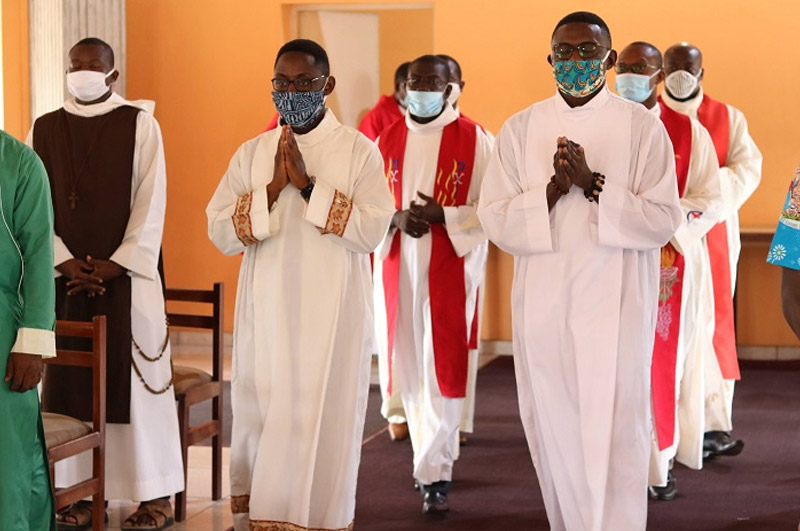
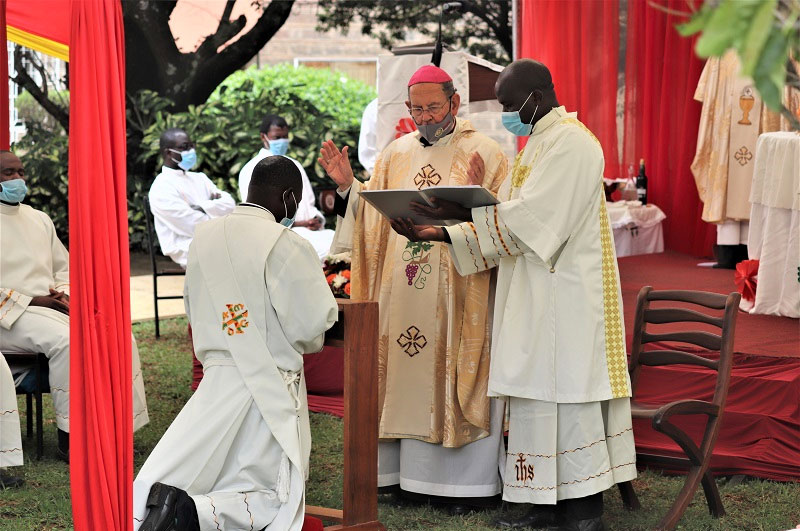
Select Payment Method
Pay by bank transfer
If you wish to make a donation by direct bank transfer please contact Fr Paul Hamill SJ treasurer@jesuits.africa. Fr Paul will get in touch with you about the best method of transfer for you and share account details with you. Donations can be one-off gifts or of any frequency; for example, you might wish to become a regular monthly donor of small amounts; that sort of reliable income can allow for very welcome forward planning in the development of the Society’s works in Africa and Madagascar.
Often it is easier to send a donation to an office within your own country and Fr Paul can advise on how that might be done. In some countries this kind of giving can also be recognised for tax relief and the necessary receipts will be issued.


